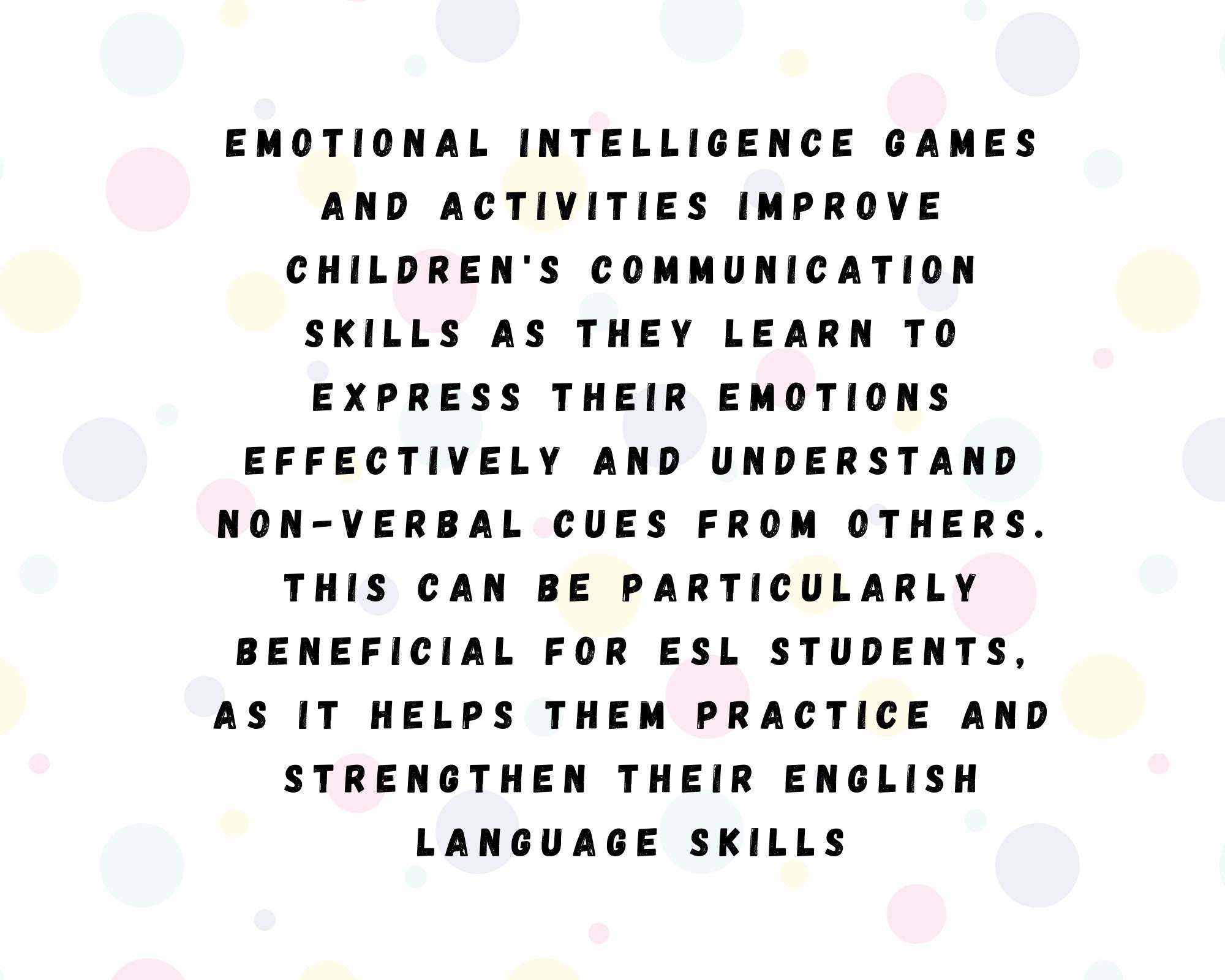
Emotional intelligence (EI) has emerged as a pivotal attribute in navigating the complexities of human emotions and interpersonal relationships. At its core, emotional intelligence pertains to the capacity to recognize, comprehend, and modulate one’s own emotions while adeptly perceiving and influencing the emotional states of others. A crucial facet within this realm is the validation of personal feelings, a practice that fosters empathy and strengthens interpersonal bonds. This article will explore various activities that facilitate the validation of a person’s emotions, thereby enhancing overall emotional intelligence and promoting a profound shift in perspective.
The initial step toward validating feelings involves active listening. Active listening transcends mere auditory reception; it embodies a commitment to fully engage with the speaker’s narrative. To practice active listening, one should maintain eye contact, observe body language, and reflect on what is being articulated. This method strengthens the listener’s understanding of the speaker’s emotional landscape, allowing for emotional resonance and connection. When individuals feel heard, their emotions are validated, fostering a sense of acceptance and safety.
An activity that naturally aligns with this approach is the creation of a “Feelings Journal.” This exercise not only encourages self-reflection but also cultivates an environment replete with emotional awareness. Individuals should dedicate time daily to document their emotions, experiences, and reactions to various situations. By articulating these feelings, they can recognize patterns, triggers, and implications while also validating their emotional experiences. This journal serves as a repository of self-validation, rendering emotions more tangible and manageable.
Another effective technique is role-playing, wherein individuals adopt different perspectives within a simulated scenario. This activity demands one to embody various emotional states, thereby enhancing comprehension of diverse emotional responses. Participants can gain insights into the fears, desires, and rationale that underpin another person’s actions and reactions. This simulation offers a dual benefit; it not only validates the emotions of the person being represented but also cultivates the emotional intelligence of the role-player, fostering compassion and empathy.
Furthermore, the practice of empathetic questioning acts as a critical tool in the validation process. Open-ended questions such as “How did that make you feel?” or “What was your thought process in that moment?” elicit deeper emotional expressions. Engaging in empathetic questioning encourages individuals to explore and articulate their feelings with greater clarity. This approach dismantles emotional barriers, inviting a safe space for vulnerability, thus validating their emotional experiences. Such conversations advance emotional intelligence by enhancing awareness of one’s feelings and the feelings of others.
Additionally, practicing gratitude can support emotional validation. By encouraging individuals to express gratitude toward others for their emotional contributions, relationships can deepen. Allotting time for recognizing the emotional support provided by others validates the emotional experiences of both parties. Practicing this form of acknowledgment not only reiterates the importance of one’s feelings but also reinforces societal and relational bonds. Through gratitude, mutual validation flourishes, enabling a nurturing environment where emotional exploration is welcomed and appreciated.
Participating in support groups or therapy sessions represents another avenue for validating emotions. These congregations create spaces where individuals can share their emotional experiences without the fear of judgment. In such forums, validation is reciprocal; as one person expresses anguish or joy, others resonate with those emotions, providing communal support. This collective acknowledgment fosters an atmosphere of understanding and acceptance. Each shared story acts as a reminder that emotions are valid, common, and worthy of exploration.
Moreover, creative expression, through outlets such as art, music, or writing, serves as a powerful vehicle for validating emotions. Art allows individuals to translate their internal emotional experiences into something tangible. Engaging in such activities promotes emotional authenticity, helping individuals confront and validate their feelings. Furthermore, sharing this creative work with others invites empathetic feedback, further validating emotional experiences through communal appreciation and resonance.
A transformative activity such as guided imagery, or visualization, can also play a role in the emotional validation process. This cognitive exercise helps individuals envision a scenario in which they feel understood and supported. By mentally navigating through images that evoke feelings of acceptance, individuals can harbor a greater understanding of their emotional needs. This exercise not only fosters self-compassion but also enables individuals to articulate their feelings more effectively to others, thus facilitating the validation process.
As a common thread, each of these activities underscores the essence of acknowledging and validating emotions as crucial components of emotional intelligence. The spectrum of emotional experiences—ranging from profound despair to ecstatic joy—warrants recognition and validation. When one engages in a validating activity, it can shift their perspective, illuminating the universality of emotional experiences in the human condition. This shift, in turn, enhances an individual’s capacity to navigate their own emotional reality and that of others.
In conclusion, the journey toward emotional intelligence is marked by the ability to validate emotions. Activities grounded in active listening, self-reflection, role-playing, empathetic questioning, and creative expression engender environments ripe for emotional validation. Such practices promote not only individual growth but also foster deeper connections within the web of human relationships. By cultivating emotional intelligence through validation, individuals are empowered to embrace their feelings, forging pathways to understanding, acceptance, and ultimately, well-being.
